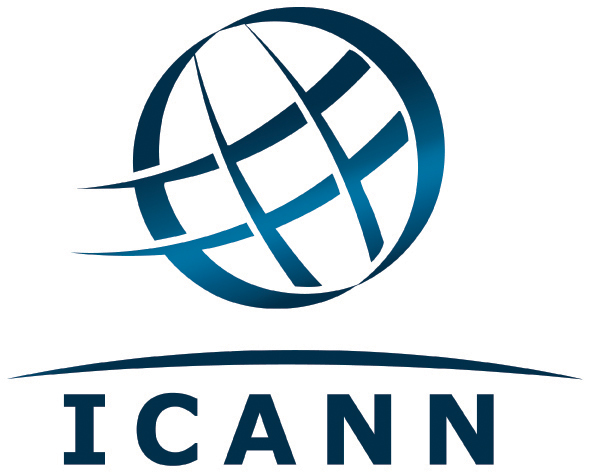 The president of ICANN (the Internet Corporation for Assigned Names and Numbers) Fady Chehade told the Wall Street Journal that the organization will launch Chinese character options for top-level domains in the second half of this year. (A top-level domain is the part of the Web address after the dot, so the Chinese characters would replace the .com, .net, .org’s, etc. that you see in most Web addresses).
The president of ICANN (the Internet Corporation for Assigned Names and Numbers) Fady Chehade told the Wall Street Journal that the organization will launch Chinese character options for top-level domains in the second half of this year. (A top-level domain is the part of the Web address after the dot, so the Chinese characters would replace the .com, .net, .org’s, etc. that you see in most Web addresses).
The roll-out is part of ICANN’s plan to introduce address endings in characters other than the Roman alphabet. Other languages in the works include Arabic, Korean, Russian, and Japanese.
The announcement marks a change in tune for ICANN, which was created in 1998 by the U.S. Department of Commerce to manage domain names. The organization has resisted previous efforts by China, Russia and other countries to control Internet addresses, and been criticized for not letting each country manage their own Internet addresses. In December at the World Conference on International Telecommunications, China was among a coalition of countries, including Russia and Saudi Arabia, that submitted a proposal to gain more sovereignty over Web addresses, which faced opposition at that time from other nations including the U.S., Germany and the U.K. Critics said that allowing different countries to manage their own Web addresses could potentially lead to charges being placed on data transmitted over international boundaries.
According to the WSJ, the language additions are “part of ICANN’s push to reduce global opposition to its regulatory power by leaving behind its U.S. roots and becoming a more international organization.” Another sign that the organization wants to work more closely with China includes the launch of an “engagement center” in Beijing to collaborate with the government on issues like URL trademarks.
Chinese characters can already be used in the main part of a Web address, but after ICANN rolls out its new changes, companies and organization will be able to add Chinese character address endings. According to ICANN, both Tencent Holdings and Sina have already applied for the extension .weibo in Roman and Chinese characters. Other major Chinese Web companies that have bid for new extensions include Alibaba Group and Qihoo 360.
@rrajowan




































